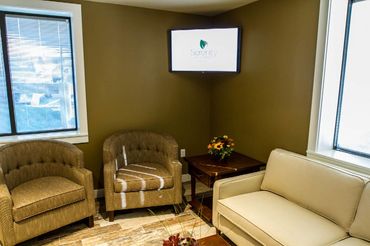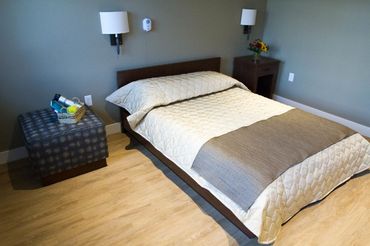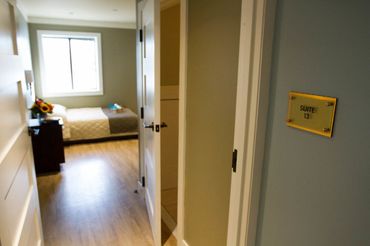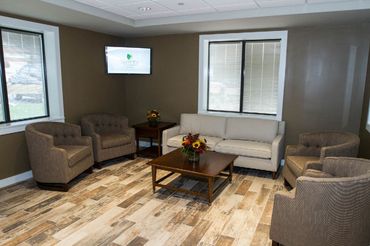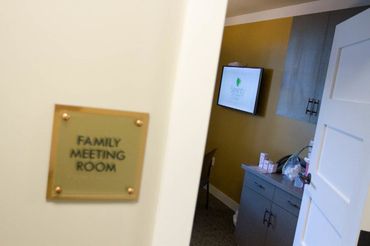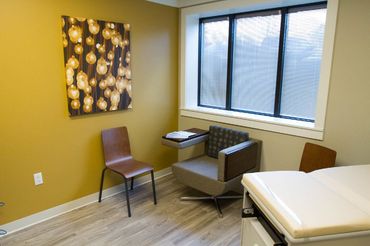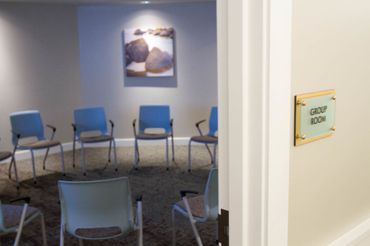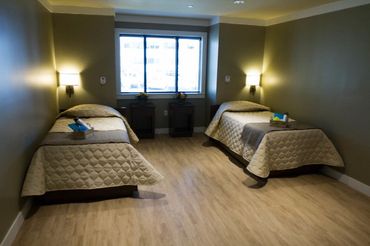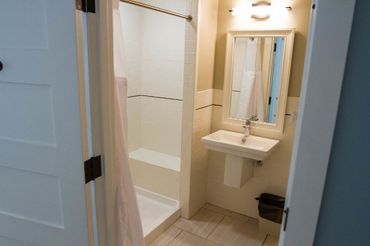
Rehabs That Take Medicare Insurance in Massachusetts
Medicare Insurance can help cover the cost of drug and alcohol rehab for those looking for addiction treatment in Massachusetts state. Explore rehabs that take Medicare in Massachusetts today.
Treatment Centers in Massachusetts
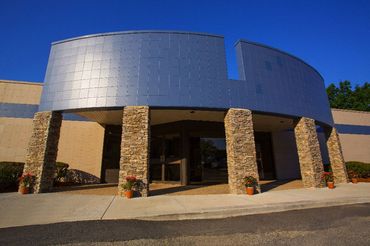
Open to Travel? Check out Top-Rated Options
All Treatment Centers in Massachusetts
Are You Covered For Treatment?
- Worcester Rehabs
- Boston Rehabs
- Springfield Rehabs
- Brockton Rehabs
- Fall River Rehabs
- Taunton Rehabs
- New Bedford Rehabs
- Holyoke Rehabs
- Framingham Rehabs
- Tewksbury Rehabs
Rehab Insurance Coverage in Massachusetts
Rehab Centers in Massachusetts
Information About Rehab in Massachusetts
Latest Reviews
Latest Reviews of Rehabs in Massachusetts
AdCare Hospital
I’ve found the staff to be kind polite and very helpful. They are also very knowledgeable
The Recovery Team - Newton
Recovery Team Newton is a huge part of my sobriety. The staff are extremely knowledgeable and friendly. I not only learned so much to help me in my recovery. I also feel like I'm part of a lifelong family. The Facility is immaculate and comfortable
Arbour Hospital
It was awful. The staff were basically babysitters of very medicated patients.
What is Medicare Insurance?
Medicare is a federal health insurance program primarily for people aged 65 and older, as well as certain younger individuals with disabilities or specific health conditions. It covers hospital care, medical services, and prescription drug coverage through Parts A, B, C, and D.
Does Medicare Cover Rehab in Massachusetts?
Medicare in Massachusetts can help cover addiction treatment services when medically necessary. This may include inpatient detox in a hospital, outpatient counseling, partial hospitalization programs, and medication assisted treatment approved by Medicare. Coverage depends on the type of Medicare plan and medical necessity.
Is Prior Authorization Required for Rehab in Massachusetts?
Some Medicare Advantage (Part C) plans may require prior authorization for inpatient or residential rehab services. Traditional Medicare usually does not require prior authorization, but coverage is subject to medical necessity guidelines.
Medicare Insurance Eligibility Requirements
Eligibility for Medicare is based primarily on age and disability. Most people qualify at age 65 or older. Younger individuals may qualify if they have received Social Security Disability Insurance (SSDI) for 24 months, or have End-Stage Renal Disease (ESRD) or Amyotrophic Lateral Sclerosis (ALS).

